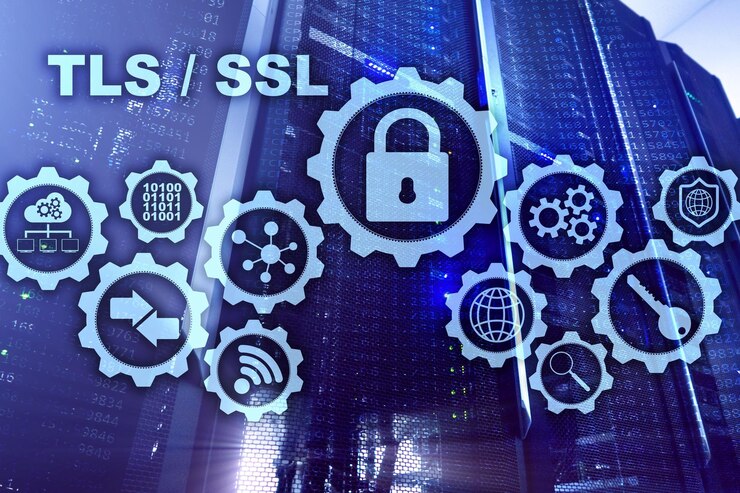In recent years, cyber attacks have become increasingly sophisticated, targeting a wide range of industries. One of the most notable incidents in 2024 was the cyber attack on CDK Global, a leading provider of integrated data and technology solutions to the automotive industry. This attack not only disrupted operations but also raised significant concerns about data security within the automotive sector.
Overview of CDK Global
CDK Global is a major player in the automotive industry, offering a variety of software solutions that help car dealerships manage their operations, including sales, inventory, financing, and customer relationships. The company’s extensive network and vast data resources make it a critical part of the automotive ecosystem.
The Cyber Attack: What Happened?
In early 2024, CDK Global experienced a cyber attack that significantly impacted its operations. The attack was reportedly carried out by a sophisticated group of hackers who managed to infiltrate CDK’s systems, compromising sensitive data and disrupting critical services.
Nature of the Attack
- Ransomware: The primary vector of the attack was ransomware, a type of malware that encrypts the victim’s data, rendering it inaccessible until a ransom is paid. The attackers demanded a substantial payment from CDK Global in exchange for the decryption key.
- Data Breach: In addition to the ransomware, there were reports of a data breach, where sensitive information, including dealership data and customer records, was potentially accessed and exfiltrated by the attackers.
- Service Disruption: The attack caused significant downtime for CDK’s services, affecting dealerships across the country. This disruption impacted everything from vehicle sales to service appointments, leading to financial losses for dealerships and frustration for customers.
Impact on the Automotive Industry
The cyber attack on CDK Global had far-reaching consequences for the automotive industry, highlighting the vulnerabilities in the sector’s reliance on technology and data.
1. Operational Disruption
The attack caused widespread operational disruptions for car dealerships that rely on CDK’s software solutions. Many dealerships were unable to access critical systems, resulting in delays in processing sales, managing inventory, and handling customer transactions. This disruption not only led to financial losses but also damaged customer trust.
2. Data Security Concerns
The breach of sensitive data raised significant concerns about data security within the automotive industry. Dealerships and their customers were left wondering about the safety of their personal and financial information. The potential exposure of customer data could lead to identity theft, financial fraud, and other malicious activities.
3. Financial Impact
The financial impact of the attack was felt across the board. CDK Global faced potential ransom payments, costs associated with restoring services, legal fees, and the possible fallout from lawsuits filed by affected dealerships and customers. Dealerships, on the other hand, suffered revenue losses due to the inability to conduct business as usual.
4. Regulatory Scrutiny
The attack also drew the attention of regulatory bodies, which are now closely examining data protection practices within the automotive industry. This incident may lead to stricter regulations and compliance requirements, pushing companies to bolster their cybersecurity measures.
Lessons Learned and Moving Forward
The CDK cyber attack serves as a wake-up call for the automotive industry and other sectors that rely heavily on technology and data. Here are some key lessons and steps that companies can take to mitigate the risk of future attacks:
1. Enhance Cybersecurity Measures
Companies must invest in robust cybersecurity measures, including advanced threat detection systems, regular security audits, and employee training. Protecting sensitive data should be a top priority, with encryption and multi-factor authentication becoming standard practices.
2. Develop Incident Response Plans
Having a well-defined incident response plan is crucial for minimizing the impact of a cyber attack. Companies should conduct regular drills to ensure that their teams are prepared to respond quickly and effectively in the event of an attack.
3. Collaborate with Industry Partners
Collaboration within the industry can help identify and mitigate emerging threats. Sharing threat intelligence and best practices with industry partners can strengthen the overall security posture of the automotive sector.
4. Focus on Data Security
Data security should be at the forefront of every organization’s strategy. Implementing strong data protection measures and regularly updating security protocols can reduce the risk of data breaches.
Conclusion
The cyber attack on CDK Global in 2024 was a stark reminder of the growing threat of cybercrime in the digital age. As technology continues to play an increasingly important role in the automotive industry, companies must prioritize cybersecurity to protect their operations and the sensitive data they handle. By learning from this incident and taking proactive steps, the industry can better defend against future attacks and ensure the safety and security of its digital infrastructure









